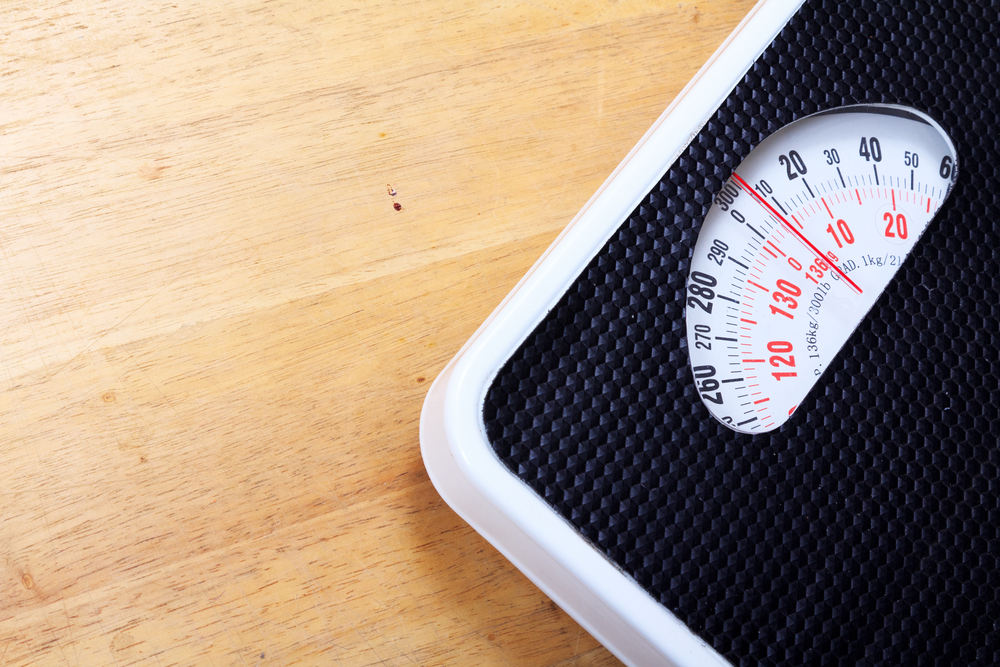One benefit of getting older is that you feel less like you have to hide things about yourself. While I’ve never discussed it openly, I’ve also never made a secret of the fact that I had bariatric surgery nearly 20 years ago. I had been putting on weight slowly since having children and no matter how hard I tried, I was gradually developing the same problems as my patients. The day I woke up with leg edema was the day I decided to do something about my weight. There was another thing I’d noticed when I was nearly 100 lbs overweight. When I got in the bathtub, hot water no longer felt hot to my feet. My hemoglobin A1c was normal, meaning, I didn’t have clinical diabetes. However, within a few weeks of bariatric surgery, I could feel hot water again with my feet. Since then, evidence has been accumulating that peripheral neuropathy might actually precede diabetes if we only had more accurate ways to detect it.
That’s why this article just out in Diabetologia by Callaghan and colleagues from the University of Michigan caught my attention, “The effect of surgical weight loss on diabetes complications in individuals with class II/III obesity.”
They found that weight-loss surgery didn’t just improve diabetes (which is expected), but its complications, including nerve damage. Surgical patients who were followed for two years lost more than 66 pounds on average and reported less pain from peripheral neuropathy. The findings suggest that surgery triggered a reversal in the nerve damage. You should read the article for yourself for the details. It is true that a strict diet alone can result in metabolic improvements and even some neurological improvement – but that approach has already failed for most patients with chronic wounds.
Because of my own experience with weight loss surgery, I am comfortable talking about this option to seriously obese patients. They are in the wound center most often due to the downstream impact of diabetes such as neuropathy, but sleep apnea and the associated chronic edema are often important factors in wound center patients. I tell patients that I lost 100 lbs (which was nearly half my body weight since I’m so short). But, it’s not just that I lost weight. I stopped having chronic leg edema and normal sensation returned to my feet. Unfortunately, by the time patients are in the wound center, they are far down the road of obesity complications. Interventions need to start earlier. Perhaps I would not have aggressively managed my own situation at an early stage if I hadn’t realized that I was becoming one of my patients, and that there was a way to change my own future.
–Caroline

Dr. Fife is a world renowned wound care physician dedicated to improving patient outcomes through quality driven care. Please visit my blog at CarolineFifeMD.com and my Youtube channel at https://www.youtube.com/c/carolinefifemd/videos
The opinions, comments, and content expressed or implied in my statements are solely my own and do not necessarily reflect the position or views of Intellicure or any of the boards on which I serve.




Thank you for this encouragement. I am a retired wound care nurse/HBO tech and am 100+ pounds overweight. I have been considering surgery.